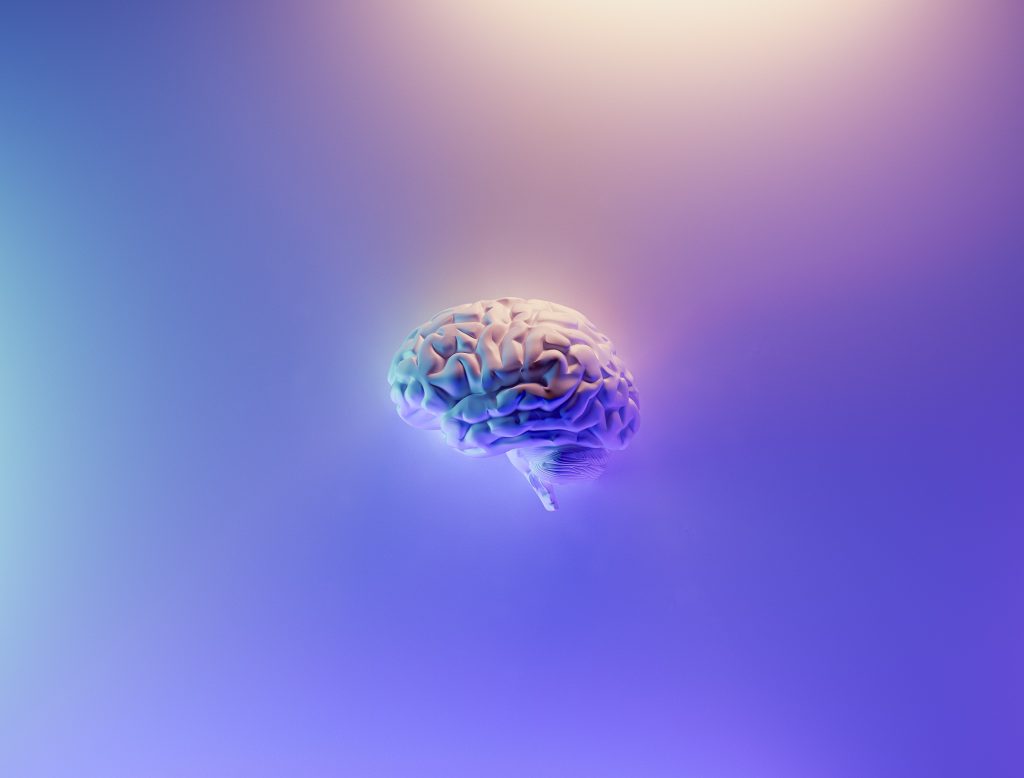16 Aug Trance Music and Mental Health
Trance music has been proven to positively influence a person’s mental health. Specifically, trance has been credited with helping manage various levels of anxiety, OCD, and depression.
This, however, shouldn’t be a surprise. Ravers know the ways music can grab ahold and affect our energies.
Who hasn’t cranked up the volume in our bedrooms when we needed a boost? And who hasn’t curated a playlist specific to the mood we wanted to manifest? Think about the space in our brains used to remember song lyrics but not where we left our car keys.
The truth is, though, that different music interacts differently with our bodies.
Most music is not completely optimistic or life-affirming. We don’t always want or need our music to convince us we’re invincible (except, maybe, if I’m at the gym). Sometimes we need to face the music and face our emotions.
Music and Mental Health
First and foremost, music is entertaining. EDM, especially, is constructed with enjoyment as a priority. Music also impacts our mental health. It can elevate our moods, reduce stress, improve focus, and help us relax. Surprisingly, music can also help us better manage pain.
When listening to music, the brain releases the hormone dopamine. Dopamine is made in our bodies and is responsible for our behavior and mood regulation. It is especially important in our feelings of pleasure. This helps explain the positive emotions we feel when listening to a good song or setlist.
About Trance Music
Trance is a popular genre of electronic dance music. What sets trance apart from the other genres, according to LiveAbout, is its high rate of beats per minute, its hypnotizing melodies, and its consistent beat.
The name “trance” obviously implies its intention to suspend your consciousness. This, in turn, is why trance has a reputation for helping with mental health. It can, if only temporarily, help people through emotional distresses like depression and trauma.
Trance and the Brain
A recent study conducted by Frontiers in Psychology found that the harmonic repetition and the complex harmonic structure of trance music are uplifting. The various breakdowns and buildups built within its structure are crucial to the listener’s perception and responses.
The subgenre known as “Uplifting Trance” stimulates different parts of the brain to induce an “altered state of consciousness.” Other forms, like Psy Trance and Hardtance, influence the brain and body differently.
Because of this, trance music can ground a person mentally. From there, trance can make you feel happier and more adjusted to the world. Trance music can positively affect your mental health.
None of this, of course, is meant to be a complete or perfect substitute to therapy or prescribed medicine. Professional help should not be overlooked.
Next time you’re at a trance party, remember that you’re not just exercising your legs as you move. You’re also challenging your temporal lobe, hippocampus, and amygdala.
That, alone, should elevate your mindset.




